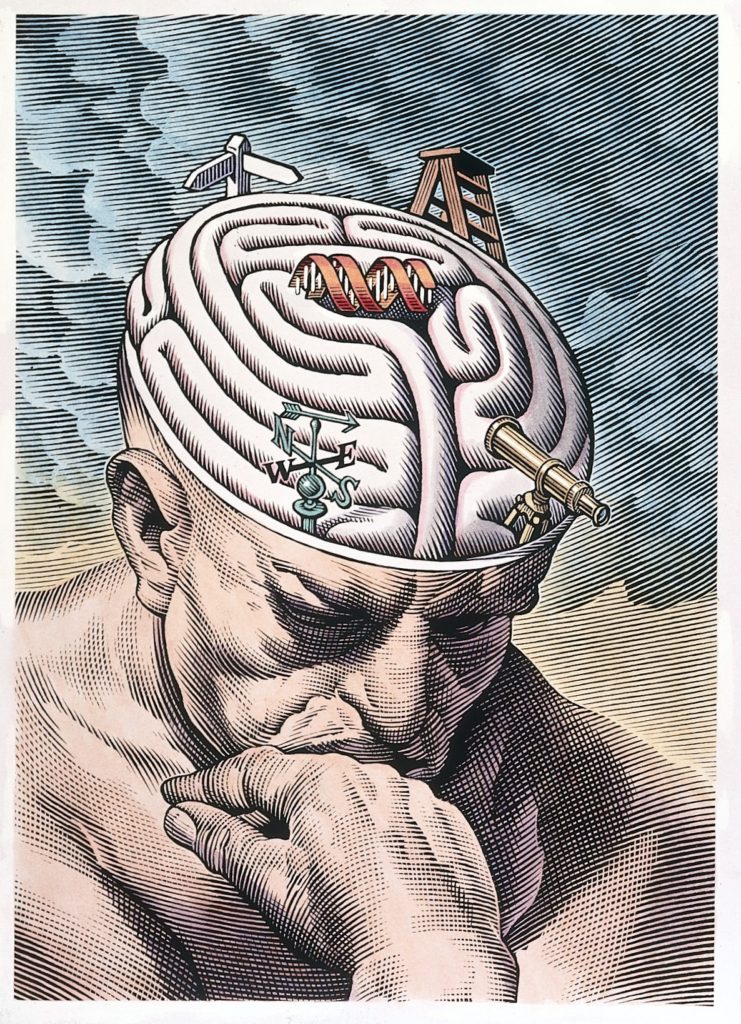
By Victoria Hoyle, Research Associate
On the 19th December, with two and half hours to spare before the final 2019 deadline, we submitted our research design and ethics application for AboutFace to the Health Research Authority (HRA). The HRA is a non-departmental public body of the Department of Health, and is responsible for overseeing the management of health and social care research in the UK. Any project that wants to work with NHS staff and patients has to go through a multi-step process: first, being approved by the HRA itself, as a viable piece of research, and then being referred to one of the dozens of Research Ethics Committees (REC) across the country. This is over and above our internal University ethics process.1
Although AboutFace is an entirely qualitative project and doesn’t involve any interventions in patient care or treatment, the sensitive nature of our topic area and research questions mean that our methodology has to be scrutinised with the same rigour as a clinical trial. Rightly so, given that many of the people we hope to speak to are recovering from serious physical and emotional trauma. The submission was the culmination of two months of intensive work, refining our research methodology, building and solidifying UK contacts, designing participant information and consent paperwork, and setting out our data collection procedures. The final version of our research protocol ran to over 27,000 words, in addition to the 36 pages of the ethics application itself.
This is a ‘preliminary’ research activity that isn’t really preliminary, in that it requires us to set out our approaches, practices and intentions for at least the next three years. Where will our research take place? What methods will we use? Who will participate? What will we ask them to do? How will we gain their informed consent? How will we manage the date we collect? And so on. On the one hand this is incredibly valuable, for working through our assumptions and objectives at the start. The discipline required has ensured that we are ‘research ready’.
Yet on the other hand this sort of ‘procedural ethics’, modelled on a biomedical paradigm of what research is and does, can feel restrictive and constraining when your approach is constructivist and reflective. The bureaucratic formality of the system leaves little room for spontaneity and serendipity in the research process: those occasions when an interview goes off the rails, or an unforeseen opportunity to observe a meeting or clinic presents itself. These are what Marilys Guillemin and Lynn Gilman (2004) call ‘ethically important moments’: “the difficult, often subtle, and usually unpredictable situations that arise in the practice of doing research” with people (262).2

Every qualitative researcher has experienced these moments, which have to be dealt with and managed as and when they occur. There is no protocol or form in the world that can account for them, no matter how in-depth and torturous. This is a different sort of ethics, a continuous process of reflection and renewal that depends on the personal resources of the researcher. These personal resources include experience, an individual moral and ethical framework and, more often than not, emotional engagement. While you couldn’t imagine a more dispassionate approach than the HRA’s forms and manuals, in reality ethics in the field is a dynamic, ongoing and feeling practice. So, while clicking submit on our application a month ago felt like overcoming a significant hurdle, it was only the start. Hopefully the REC that hears our case at the beginning of February will be satisfied with the checks and balances, procedures and forms that we have put in place, but truthfully we won’t know how any of this will play out until we’re on site at a hospital, speaking to participants.
For people with lived experience of facial difference, who may have survived life-altering injury or illness, speaking with us about their treatment, their self-perceptions and their opinions on face transplant may have significant affects. A single encounter may recall or uncover trauma that resonates in the longer term. The same is true of speaking with surgical teams and medical professionals who are invested, economically and emotionally, in treating and supporting people with facial differences. In these cases the affects may be different: feelings of sadness, guilt, resentment or anger may arise, especially in cases where our research is perceived as antagonistic. We have designed trauma-informed observation and interview protocols to account for these potential impacts, which anticipate a range of responses, but they will undoubtedly have to be adapted moment to moment. You could say that the procedures included in our HRA documentation is our ‘macro-ethics’, while these ‘ethically-important moments’ will be our ‘micro-ethics’. Micro-ethics is, ironically, a term that originates in biomedical research, to describe the everyday ethics of clinical practice. Komesaroff (1995) conceives it as the ethics ‘[that] happens in every interaction between every doctor and every patient.’ (68)3 In our case it applies to every interaction between every researcher and every participant.
This extent of ethical reflection is perhaps somewhat out of the ordinary for history as a discipline (see my previous post about why AboutFace *is* history). Generally speaking ethics is a light-touch formality in what is seen as a benign low-risk discipline; unsurprising, perhaps, given that many subjects of study are dead, and often long dead. Debates about the morality and ethics of presenting and interpreting the past aside, history is perceived as causing minimal harm. As a result, history’s models for ethical reflection are less well developed than in other areas, such as the social sciences. Given this, it is important for us to draw on external expertise. Our principal support mechanisms in navigating these ethical challenges are our Advisory Board and Lived Experience Advisory Panel. Both have ‘peer reviewed’ our protocols, providing invaluable feedback on the suitability of our methodology, our consent forms, our use of language and terminology, and our sensitivity protocols, highlighting elements of the design that concerned or alienated them. We will be able to continue working with them to identify and discuss the moral and ethical issues that arise as the research progresses.
Practically speaking we are now ready to start collecting data tomorrow, but what follows is the long wait for approval. If all goes to plan, we will make our first site visits in the UK in May. Data collection at all six UK sites, if we have minimal delays, should then be complete by October 2021. During the same period we will make at least two visits to the USA as well, to Chicago, Cleveland, Boston and, hopefully, New York. This international aspects of the work will bring a whole raft of new ethical challenges, which we must also grapple with. How will our research design play out in an entirely different culture of health provision and patience care? As we’re not receiving funding from the US or working in formal partnership with US-based researchers, we’re not covered by federal requirements for ethical approval by an Institutional Review Board. However, this lack of formality will undoubtedly bring its own challenges as we navigate the requirements of individual clinics, hospitals and practitioners. We will be ‘doing ethics’ right through until the end of the project.
1AboutFace already has internal approval, after a full ethics review by the Arts and Humanities Ethics Committee (AHEC) at the University of York in November 2019, prior to the HRA submission.
2 Marilys Guillemin and Lynn Gillam, “Ethics, reflexivity and ‘ethically important moments’ in research,” Qualitative Inquiry 10:2, 2004: 261-280.
3 P. Komesaroff, “From bioethics to microethics: Ethical debate and clinical medicine,” in P. Komesaroff (ed.) Troubled bodies: Critical Perspectives on postmodernism, medical ethics and the body (Melbourne: Melbourne University Press, 1995), 62-86.
